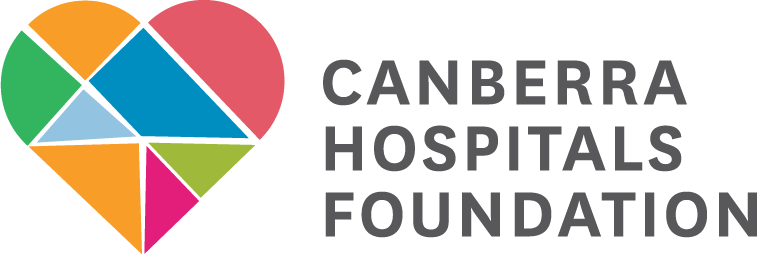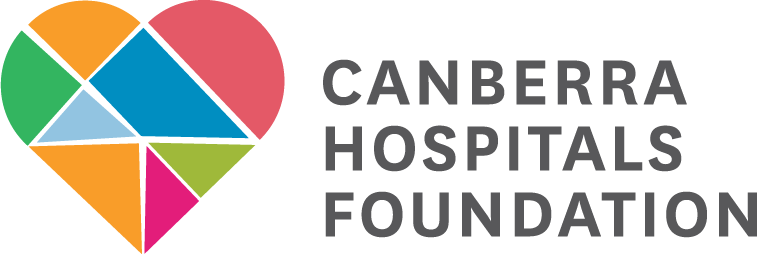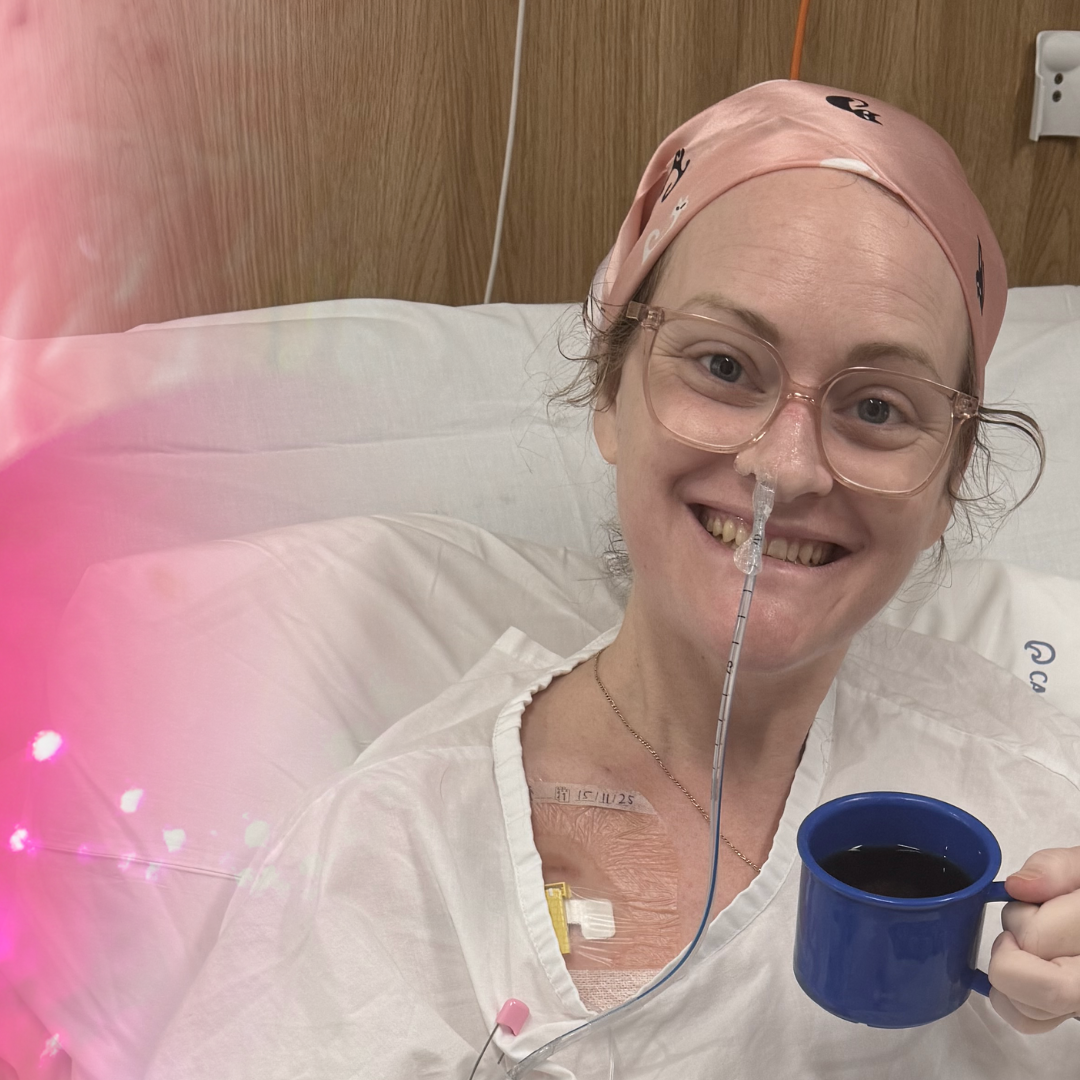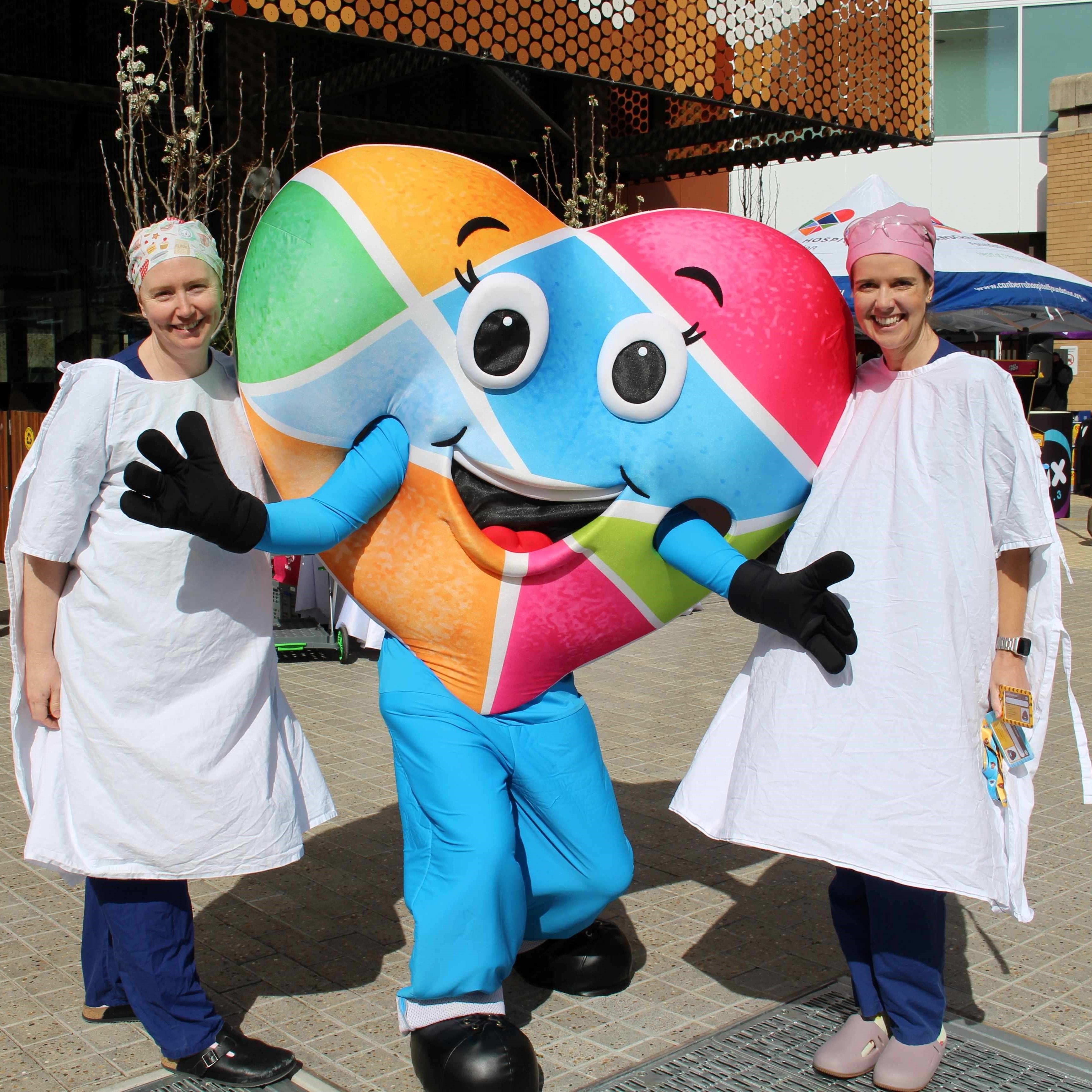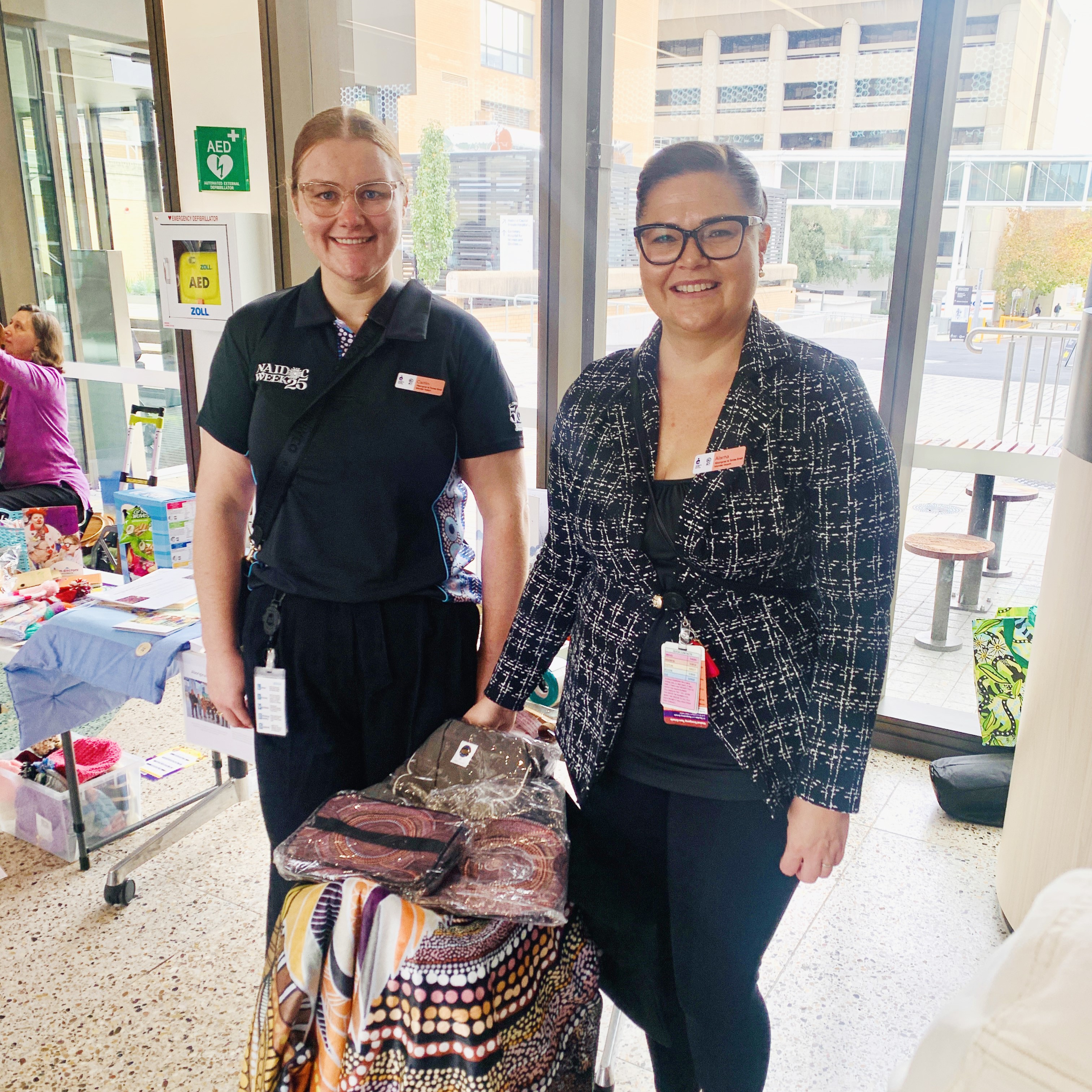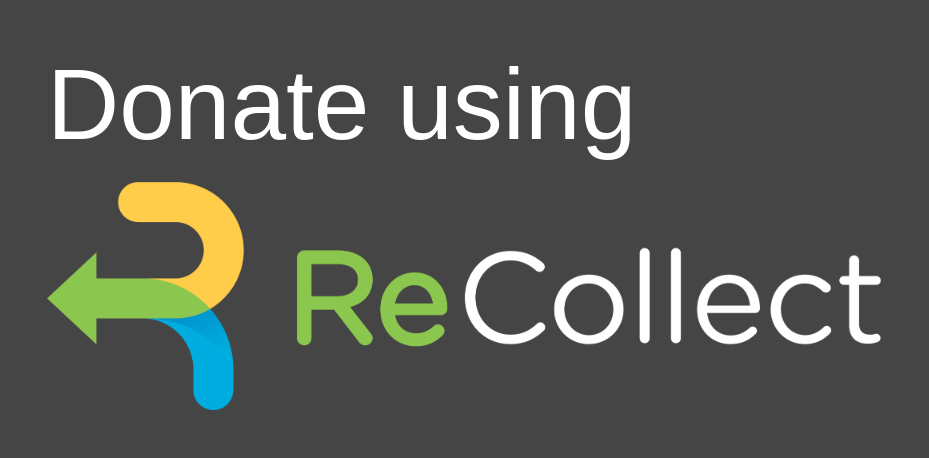Recovering from a mental illness can be a long journey for some. Engaging in a range of therapeutic programs can be challenging, but integral to their rehabilitation. The music therapy program at the Adult Mental Health Rehabilitation Unit (AMHRU) is supporting patients with a range of individual and group sessions.
The accessibility and success of this program has been enhanced by specialised instruments and equipment funded by you.
AMHRU is a specialist mental health rehabilitation unit located at the University of Canberra Hospital (UCH). The unit provides care and support for people with a primary diagnosis of mental illness, who would benefit from an intensive rehabilitation program. Patients may require a hospital stay between 3 and 12 months to complete a rehabilitation program.
The unit provides individual and group therapy programs for patients, with support designed to enhance quality of life and improve capacity to live in the community.
One such program used to support and rehabilitate patients at AMHRU is the Music Therapy Program. Music Therapy is an allied health discipline established in Australia in the mid 1970s, which trains health professionals in the use of music to support and enhance health, wellbeing and functioning across a range of demographics, including for mental illnesses. This evidence-based therapy can reduce the distress caused by symptoms, increase well-being, and reduce the need for pharmacological interventions for illness.
Thanks to our generous community, Canberra Hospital Foundation was able to support the music therapy program at AMHRU through the purchase of additional instruments and musical equipment such as a guitar, keyboard, Bluetooth speaker, tone chimes, recording equipment and studio speakers.

“This range of equipment has increased the program’s capacity to offer different options for patients to engage in music therapy – ultimately increasing the choice and control that people have over their care,” says James Wheller, Registered Music Therapist at AMHRU.
Registered Music Therapists, or RMTs, are trained in music, psychology, research methods, neurophysiology and therapeutic methods which leverage the benefits of engaging in music for wellbeing. They are flexible and creative members of a team, with a scope that interacts with many other allied health disciplines such as psychology, occupational therapy, and speech therapy.
“The goals of music therapy are non-musical, which means it’s not about teaching someone music, although they might learn some things about music along the way. Nor about entertaining a patient, although people often find music therapy sessions fun and engaging,” James told us recently.
At AMHRU, individual music therapy programs support patients to engage with music in helpful ways as they live in recovery. Music therapy programs are offered to patients in the rehabilitation unit and are personalised following assessment by the music therapist. James works with people in the context of a therapeutic relationship, where the patient’s recovery goals are first and foremost.
Common goals for music therapy are expression of identity, reconnection with meaningful activities, relaxation, practicing pro-social skills and supporting exercise. Music therapy methods in the program cover song writing, playing instruments, group singing and playlist creation, to name a few.
“Individual music therapy programs are also offered, with a range of 1:1 activities on offer such as creating personal playlists to support mood, movement or increase motivation. It might be supporting someone to reconnect with an instrument to facilitate self-expression or develop a hobby. Music-assisted counselling methods include lyric analysis and song sharing,” explains James.
Song writing as a therapeutic process supports the expression of identity and the sharing of personal recovery stories. Patients in the song writing group sessions also practice collaboration and learn to manage the dynamics of the group process. Being able to focus on the task at hand is also beneficial.
Funding a guitar and keyboard has expanded the opportunity for patients to participate in song-writing sessions to explore and process life experiences. This is optimised by the opportunity to record their completed song due to the recording equipment now available. This gives the patient something tangible to hold onto, and a sense of accomplishment to boost their recovery.
The music appreciation class, which has been enhanced by the funding of speakers, can help ease patients into music therapy and be useful for the demographic of people who struggle to engage in other group programs. Discussing favourite styles of music and songs is often a more accessible approach, without feeling the pressure to sing or play an instrument. This is a good stepping stone for people who feel like they are not musical, or that music therapy will be too hard for them.
As one patient said, “I found the program very relaxing. It took my mind off things. I’d recommend the group to anyone!”
The singing group has particularly appreciated the keyboard. James, a pianist by background, says that using that instrument helps him to support the group to sing confidently, as he can support the tune of the song if needed while accompanying the group. Veronica, an Occupational Therapist at AMHRU, wholeheartedly agreed that the keyboard has given a new dynamic to the choir group sessions and that participant feedback has been so positive.
“I think the music groups are the best groups. I like that I can engage with other people without having to talk,” a participant told James.
Handheld chimes were also purchased thanks to generous community donations. Not only are they bright and colourful, but they also provide an accessible way for patients without any musical experience to engage meaningfully in the program. These are used in the cognitive skills groups as they are easy to use single note instruments that require no training to use. The barrier to access is very low which supports the maximum participation from patients who may have no musical background.
“With a group of people holding one or two chimes each, we use a lot of teamwork and collaboration to create simple melodies and patterns which we can then play together,” says James, who has completed additional training in neurologic music therapy.


“Goal areas and outcomes are noted in domains of social cognition, executive function and problem solving, attention and auditory perception and working memory (when there are sequences to follow). They are simple instruments but very effective in getting people actively engaged in making music in a meaningful way!”
The cognitive skills training pairs musical activities with neuroscience and cognitive psychology. Skills covered include attention, memory, auditory perception and discrimination, impulse control and problem solving.
With the Canberra Hospital Foundation’s support, AMHRU is well equipped to provide high quality music therapy services to support patients in their recovery journey. The funding of additional instruments and equipment has increased the accessibility, versatility, and appeal of this program to a wide range of people who may otherwise have barriers to engaging in therapeutic programs.
It has also assisted with the engagement of people with culturally and linguistically diverse backgrounds and Aboriginal and Torres Strait Islander peoples. Participant feedback has recognised the music therapy groups as particularly helpful and enjoyable for people who may struggle to engage in talk-based therapy.
For more information regarding music therapy in Australia, visit the Australian Music Therapy Association website.
Thanks to our generous community, we have been able to help enhance a range of individual and group music therapy sessions at AMHRU. With your support we can continue to help optimise programs like this, as well as fund other equipment, research and clinical trials, and away-from-bed transformations. Please donate today, the perfect way to give back to your community!


